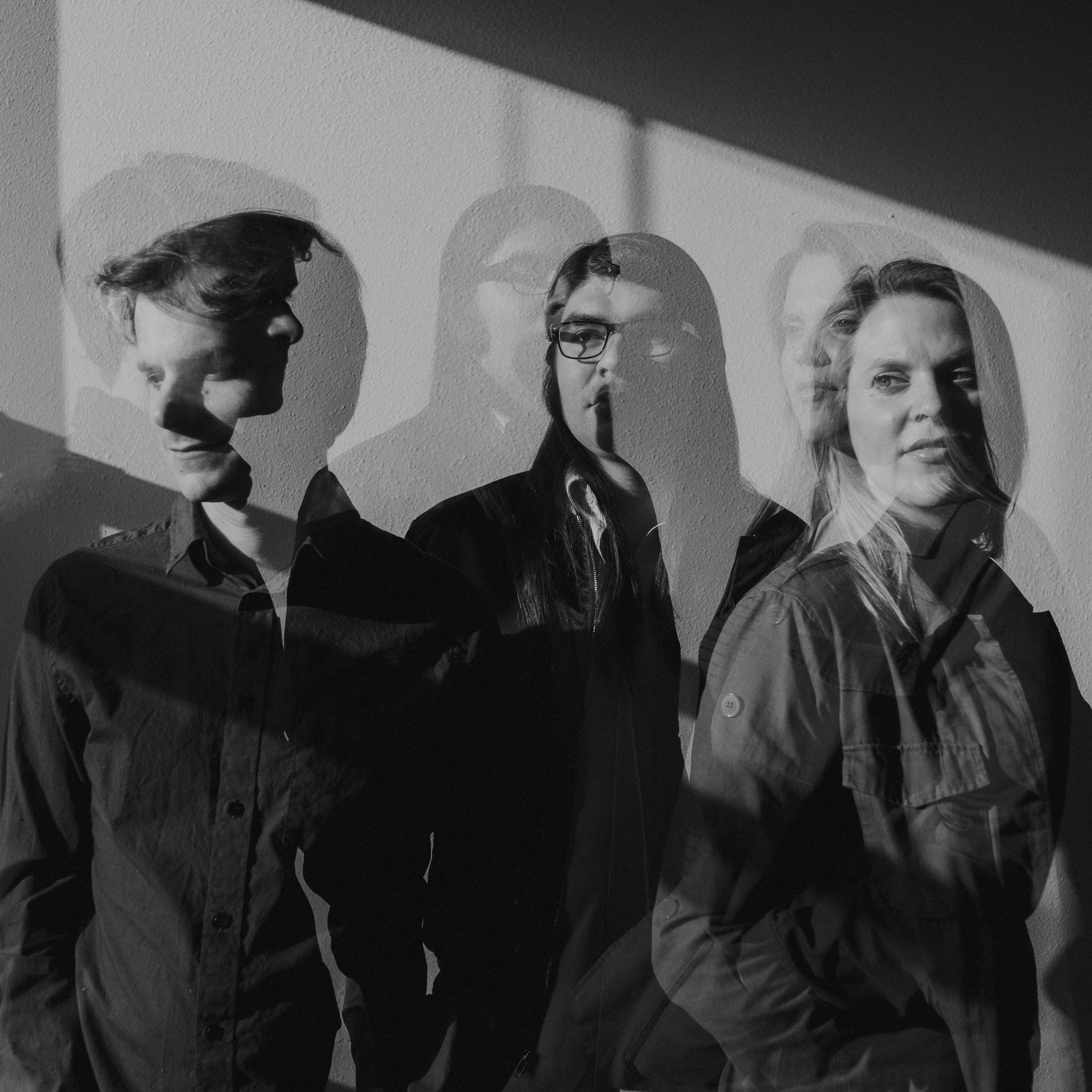James McMurtry vs. The Cringe Factor

For the Austin-based artist, the songwriting doesn't stop when the song's recorded.
"Some music is for escape and we don't want to escape back to reality," James McMurtry says. He's responding to the idea that his songs are almost the opposite of those that come out of Nashville today, songs that are vibrant with nostalgia for events that didn't happen and cinematically amp up the people we were and things we did. "I try to write a little more realism because that's my bent. I can't help it."
James McMurtry plays One Eyed Jacks Wednesday night, and he looks and sounds like a guy who prefers a his songs laced with a strong dose of reality. His voice is in no danger of over-prettifying a melody, and his face settles naturally on stern, but both suit his art, which tell stories that are the other side of country. In "Choctaw Bingo," he sings:
Uncle Slayton's got his Texan pride
Back in the thickets with his Asian bride
He's got a Airstream trailer and a Holstein cow
His still makes whiskey 'cause his still knows how
Later, McMurtry observes, "He cooks that crystal meth because the shine don't sell / You know he likes his money he don't mind the smell."
McMurtry's songs really only relate to country in the way that musicians from Austin show the influence of Willie Nelson and Townes Van Zandt - songs that are blues-based with a semi-rural working class sensibility. Live, they can step into the Crazy Horse zone (minus the solos), and McMurtry points to Steve Earle as an influence.
McMurtry's getting ready to record a new album, which he'll produce with Lafayette's C.C. Adcock. The two met in Austin's Continental Club, where McMurtry plays regularly and Adcock hangs out when he's in Austin. The two worked together to record a new version of McMurtry's song, "We Can't Make it Here Anymore" for 2012's Occupy This Album. He was joined on the song by Earle and Joan Baez, both of whom cut their tracks in studios closer to their homes and sent them to McMurtry and Adcock. "Charles had to spend some time making it sound like we were all in the same room," he says.
Working with Adcock has forced McMurtry to change his ways of working. He's not a prolific writer, he admits. "I have to keep picking at it until it's a song." He has often ended up cramming to get songs done enough to go in the studio, but Adcock prefers that the band has the songs done and arrangements sorted out before they get to the studio. That means McMurtry's spending more time preparing than usual, but he's optimistic that the time is well-spent.
"We're working some of the songs live and getting them under our fingers so that when we go in the studio, we'll know how to cut these songs," he says.
That doesn't mean that the recorded versions will be the final versions of the songs. His continue to change with time, and he prefers the version of "Hurricane Party" that appeared on his Live in Europe album to the one on 2008's Just Us Kids. Lyrically, the songs evolve as well. "It's done when it loses the cringe factor," he says, a process that can take years.
"We Can't Make it Here Anymore" changed McMurtry's national profile. Before it, he was the sort of artist who had a cult that admired smart, literate, darkly humorous songs that brought the counterculture, the academy and rock 'n' roll together in unpretentious songs. After writing the song out of frustration that his Democratic vote meant little in a red state like Texas, he knew he had something. He cut an acoustic version, then an electric version with his band that he put out as a download. That helped the song spread in ways that none of his had traveled before and introduced McMurtry to the power of the Internet. At the time though, the song was met with mixed response. Many took it as an anti-Bush song at the time when George W. Bush's popularity was still on the rise. He intended it as a song against outsourcing ("which really got going under Clinton. Nobody seemed to notice that."), but six months later when his Childish Things album came out in 2005, the faltering economy made the song seem prophetic and helped McMurtry find the biggest audience of his career.
"My biggest market for a long time was Bangor, Maine, first because Stephen King owns a big classic rock station there and he played that song," McMurtry says. "Maine had lost 30,000 jobs to outsourcing at that time. It worked its way down the coast to South Carolina, where Walmart was taking over and the textile mills were gone."
When Childish Things' follow-up, Just Us Kids, came out, it included "Cheney's Toy," a second political song for an artist who had up until a few years before hadn't been particularly political. It was the first song people drew attention to off the album, which McMurtry considered a mistake. "It was never going to have the appeal of 'Can't Make it Here Anymore,'" he says. "'Cheney's Toy' was more of a rant."
Now that he's working on a new album, McMurtry is taking what his writing muse gives him. If it's political, he's okay with that but he's not looking for something political. "The problem with political songs is that you tend to get rants like 'Cheney's Toy,' which is okay, or you can get sermons if you're not careful. If you've got to force the song to make your point, you can beat the life out of it, and a sermon nobody wants to hear."






